Category: Latter-day Saint Thought
-
I know this church is true
This statement is not nonsensical or trite. It is the essence of our belief in six words. It is, in its own way, even lyrical. One occasionally hears objections to the effect that statements can be true, or friends can be true, but how can an organization be true? I started writing this post some…
-
The Last 4,000 Years
The last 4,000 years of religious history, up to and resulting in us, can be described as a series of questions and answers, with each new question arising out of the previous answer over generations or centuries as the full implications of each answer become understood.
-
Three Heavens in Joseph’s Environment
We all know that revelation frequently requires study. Many of the key doctrines of the restoration came from revelations given to Joseph as he was going through and modifying the Bible by way of command. Some of these were treated as modifications of the Biblical texts (such as in our Book of Moses) while others…
-
The New LDS Hymnbook: Changes and Possibilities
Recently, the Church of Jesus Christ of Latter-day Saints announced that they were going to prepare a new hymnbook and children’s songbook for use in the worldwide Church. Specifically, the goal is to create unity in hymn numbers and selections that reflect the needs of a global organization. This is the first time in over…
-
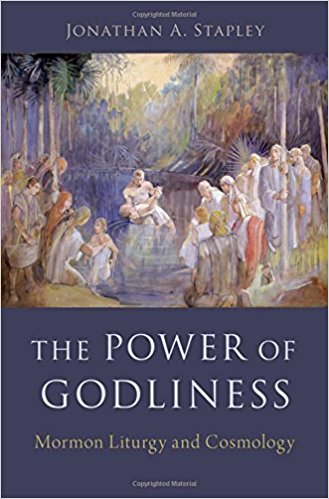
Review Essay: “The Power of Godliness: Mormon Liturgy and Cosmology”: Materiality and Performance
Like a paring knife to a grapefruit, Jonathan Stapley’s new book on the history of Mormon cosmology is slim, sharp, and swift to carve through pith, serving up elegant wedges of history. The Power of Godliness: Mormon Liturgy and Cosmology (Oxford, 2018) traces the evolution of ritual practice in Mormonism, including priesthood ordination, sealing rites,…
-
Review: William V. Smith’s ‘Textual Studies of the Doctrine & Covenants’
In October 2007, I returned home to Texas from my mission in Nevada. In April of the following year, the raid on the YFZ Ranch near Eldorado, TX, occurred. I didn’t think much about it at the time because, you know, they weren’t real Mormons (as many LDS are wont to say). However, a good…
-
Some Thoughts on WordPrint
Just a quick post on the current kerfuffle over wordprint studies. Wordprint studies are a type of stylometry that look at certain connective words that aren’t main words in a sentence. The claim is that they can determine the authorship of a text. Now I’ve always been skeptical of this, even back in its heyday…
-
Defiantly Turning the Other Cheek
On Twitter last week in the aftermath of the whole Porter situation someone mentioned the issue of turning the other cheek. Now first off I don’t think in any legitimate interpretation of turning the cheek it means submitting to abuse particularly spousal abuse. I know there is sadly a strong thread in the Jewish, Christian,…
-
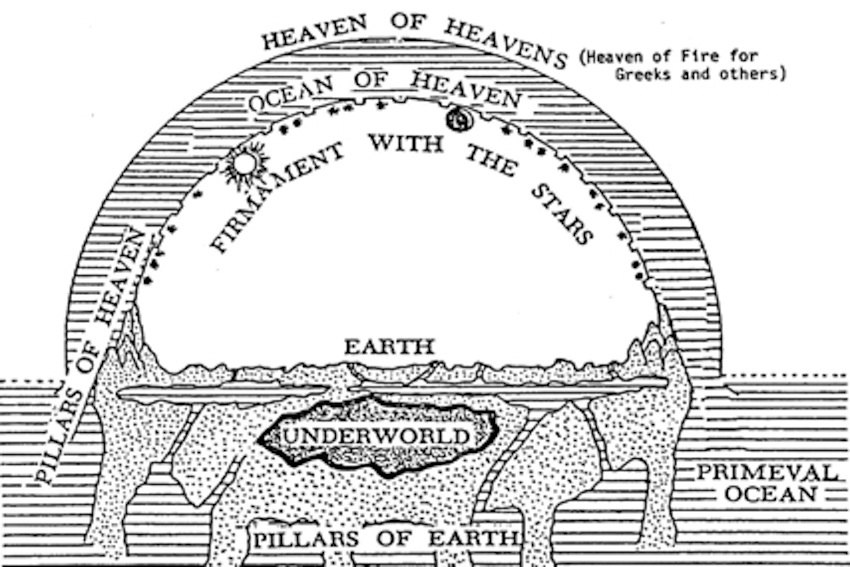
Helaman 12:15 and Astronomy
Helaman 12:15 reads, “according to his word the earth goeth back, and it appeareth unto man that the sun standeth still; yea, and behold, this is so; for surely it is the earth that moveth and not the sun.” If you’re like me you’ve always just read that as Mormon (or possibly Nephi) just having…
-
Hurlbut’s Story of the Bibles
Jesse Lyman Hurlbut, a Methodist minister, first published the Hurlbut’s Story of the Bible in 1904. In the book, he retells 168 Bible stories in simplified modern English prose. The author’s purpose was to provide a version of key scripture passages that young readers would find accessible. The numerous republished editions that have appeared throughout…
-
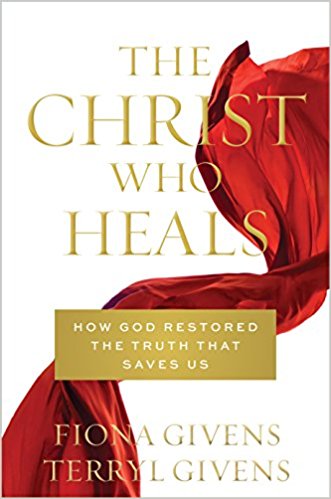
A Credible Case for Universalism — A Review of Givens and Givens’s The Christ Who Heals
In their new book, The Christ Who Heals: How God Restored the Truth that Saves Us, Fiona and Terryl Givens make the case for how “the doctrines and scriptures of the Restoration have enriched our knowledge of the rock and foundation of our faith — Jesus Christ.” The book is a delight: The Givenses draw on…
-
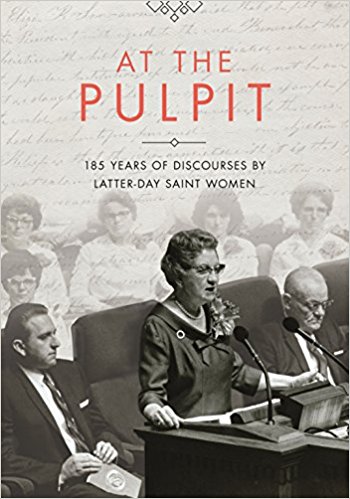
Reeder and Holbrook’s At the Pulpit: The book I hope becomes a fixture in Latter-day Saint homes
The first account we have of a woman speaking in General Conference is Lucy Mack Smith, speaking in Nauvoo, Illinois, in October 1845. But women were teaching in the Church long before that, and the continued long after that — not just in General Conference. In their collection At the Pulpit: 185 Years of Discourses…
-
Temple Scriptures: A Mountaintop Experience
I had been studying the scriptures quite intently for the year or so before I first went to the temple. This really added to the experience for me, because I could see all the ways that temple worship connects with everything we know from the scriptures. The form of temple worship is quite different from…
-
Perspectives on Mormon Theology Review
Dave managed to finish his review of Perspectives on Mormon Theology before I did. To cut to the chase let me just summarize my judgment of the book first. If you’re at all interested in the implications of scholarly considerations of Mormon history, exegesis, or theology then this is a must read book. Blair Van Dyke and…
-
Review of Perspectives on Mormon Theology: Apologetics
After a few warm-up posts last month (here, here, and here), it’s time to get serious about apologetics. Greg Kofford Books just published Perspectives on Mormon Theology: Apologetics, edited by Blair G. Van Dyke and Loyd Isao Ericson. The book is a collection of essays by a variety of LDS scholars giving their informed view…
-
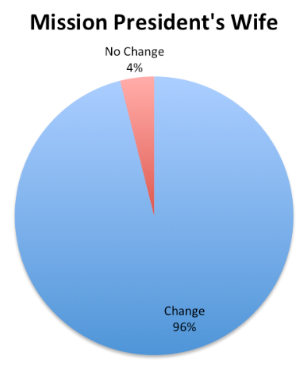
What’s in a name? A historical note on the title of the Mission President’s Wife
Last year, Cassler and McBaine published results of their survey on “the Naming of Women’s Positions and Organizations in the LDS Church.” Around 400 survey respondents who self-identified as LDS women answered questions about whether or not they would change the names of various women’s roles and groups, including the Young Women’s groups (Beehives, Mia…
-
Church Endorses Apologetics, Sort Of
Here is a clear positive step for the Church: posting an online resources page with almost 30 links to pages or sites with information on LDS doctrine and history. Each link gets zero, one, or two asterisks, depending on if it is within the LDS.org domain (zero), if it is a Church-related site like byu.edu…
-
What’s Worse, Bad Apologetics or No Apologetics?
The golden era of Mormon apologetics ran from Nibley to FAIR and Old FARMS. With so many distinctive doctrines as well as a high public profile, Mormonism attracts a lot of criticism, so the urge to publicly defend Mormon beliefs is understandable, and there is now plenty of Mormon apologetics out there. What is badly…
-
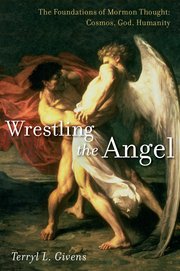
Mormon Doctrine for Grown-ups: A Review of Terryl Givens’s Wrestling the Angel
When I was young, I discovered C.S. Lewis’s Chronicles of Narnia and enjoyed every volume. Then one day, at my neighborhood library, I discovered Paul Ford’s Companion to Narnia, essentially an encyclopedia of Narnia, and I fell in love. The entries were arranged alphabetically, and there were more topics than I had ever imagined. It…
-
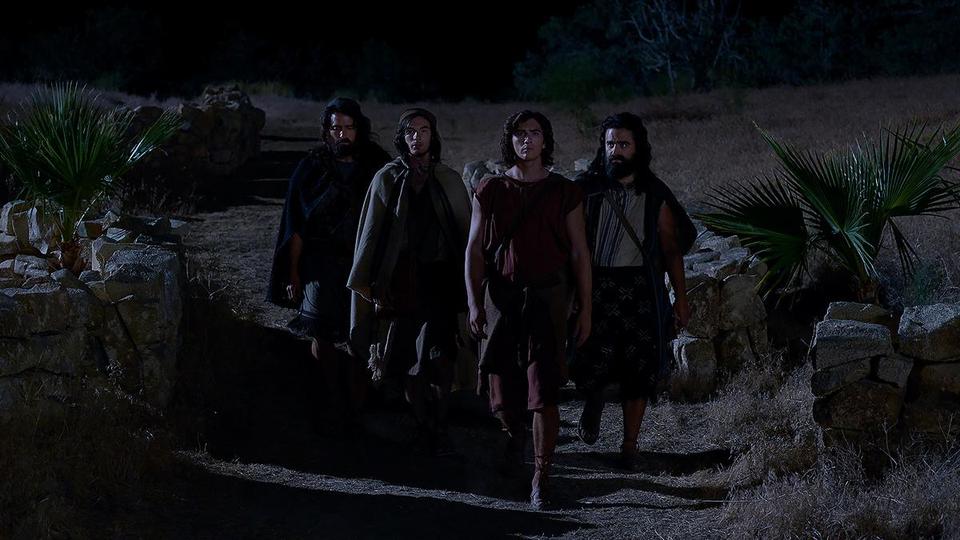
Coming Soon to a Screen Near You: The Book of Mormon
Not the big screen, just lots of small screens. From the LDS Newsroom: Filming Begins on New Book of Mormon Videos. It will not be a beginning-to-end depiction; the project will select certain episodes and events, producing “up to 180 video segments three to five minutes in length, as well as up to 60 more…
-
The Book of the Weeping God
One of the most striking features of the Bible is its division into Old and New Testaments, which present not only substantially different sets of religious beliefs and practices, but very different portrayals of God. The God of the Old Testament is a judgmental, jealous, and vengeful God, who destroys sinners without remorse, whether of…
-
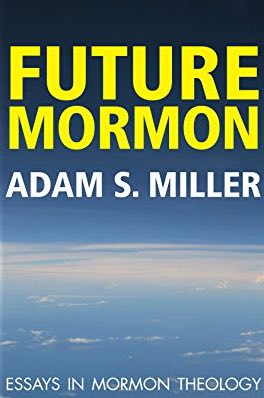
Future Mormon Reading Club
The person who probably comes closest to my own views on many matters is Adam Miller. Back in the heyday of LDS-Herm we had tons of fantastic discussions on theology and philosophy. Ever since Adam’s last book came out I’ve wanted to do a reading club on it but just hadn’t had the time. One…
-
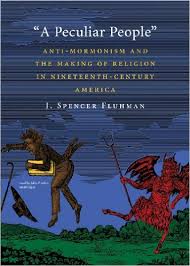
Review: A Peculiar People, or How Protestants Viewed Mormons in the Nineteenth Century
So I finally got around to reading J. Spencer Fluhman’s book “A Peculiar People”: Anti-Mormonism and the Making of Religion in Nineteenth-Century America. I was expecting another account of “beat up the Mormons” episodes in the 19th century. Instead, it was an entertaining and informative review of how informally established Protestantism worked in the 19th…
-
New “Official” Church History Volumes Forthcoming
Ten years ago, I posted one of my very first pieces at T&S, “Missing Essentials,” noting the decline of familiarity with LDS history by the average member of the Church and suggesting this was due, in part, to the lack of a replacement volume for Essentials in Church History. In the intervening ten years, the…
-
Guest Post: What Can LGBT Mormons Hope For?
A year and a half ago, I invited John Gustav-Wrathall, president of the support group Affirmation: LGBT Mormons, Families & Friends, to share his thoughts on the Church’s new policy affecting LGBT members and their children (see All Flesh from December 2015). Diverging responses to this post gave rise to the idea of hosting a conversation on the blog about…
-
A Food Storage Wimp Ponders the End of the World
It’s good to ponder the end of the world from time to time. Now I’m not really a food storage guy. That has never troubled me much. Until lately. My new approach: Every time North Korea fires a missile, I buy another flat of drinking water and put it in the garage, along with one…
-
Let’s Talk About Sorcery
Borrowing the title from my good friends at BCC, let’s talk about sorcery, another interesting topic that is discussed in the April 2017 Ensign article “The War Goes On.” The central claim of the article is that gay marriage is Satan’s counterfeit version of “marriage between a man and a woman” that is “ordained of…
-
“Neither Shall There Be Any More Pain”: Trials and Their Purpose
This is a talk I gave in sacrament meeting on March 12, 2017. The topic was “Trials and Their Purpose.” I appreciate the thoughts and words of [the previous speakers]. I hope that you all can find some solace in our various messages, even if the answers are a bit incomplete. The purpose of trials—or…
-
Loosening the iron grip of the King James Version of the Bible?
A couple of years ago, Elder Richard Maynes (of the Presidency of the Seventy) quoted Matthew 13:44 in his conference talk: “The kingdom of heaven is like treasure hidden in a field, which a man found and covered up; then in his joy he goes and sells all that he has and buys that field.” But wait…
-
Can Mercy Rob Justice?
We’re all familiar with Alma 42 and the notion that mercy can’t rob justice. I was reading this today at church and was struck by a context that often doesn’t get mentioned. In the ancient world relationships often determined actions. This meant special treatment for friends and especially relations. In Greek philosophy and plays you…
